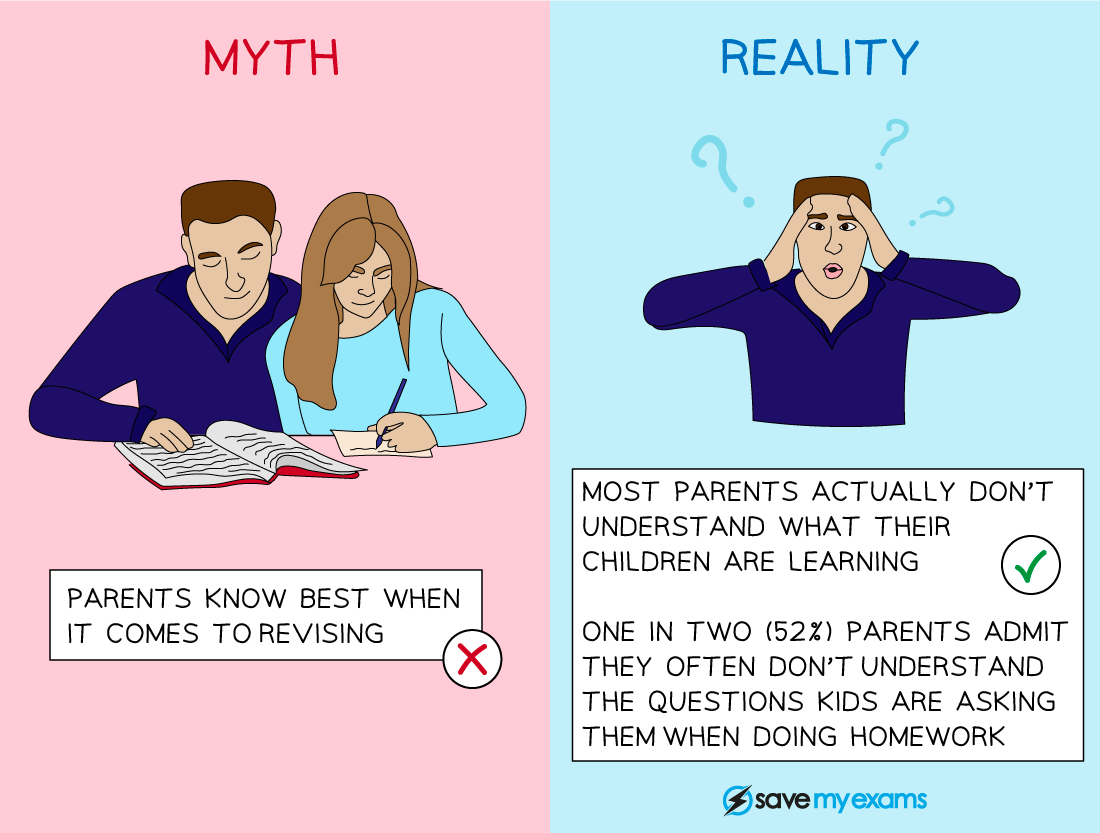AP Subjects
Biology
College Board Resources
Chemistry
College Board Resources
Other
- Calculus AB
- Calculus BC
- Chinese Language & Culture
- Computer Science Principles
- English Language and Composition
- Environmental Science
- French Language & Culture
- German Language & Culture
- Human Geography
- Italian Language & Culture
- Latin
- Macroeconomics
- Microeconomics
- Physics 1: Algebra-Based
- Research
- Spanish Language & Culture
- Statistics
- US History
- World History

Here’s what our experts say about getting ready for your AP exams


Start early! Students often leave it to the last minute to study for their AP tests, but in my experience, you should start a regular review of the AP content early in the year, ideally before the Winter Break (Christmas). If you leave it until Spring Break, it will be difficult to cover all the ground for the test!
VP of Content


Mnemonics and acronyms can be a great way to remember lists or long processes, especially if they are funny.
Biology Expert
Articles and Resources
for AP Students
Latest

5 Common Revision Myths, Busted
To help make the next few months as stress-free and calm as possible, we conducted research of 1,000 parents and their teenagers to understand the pain points.
Why it works

Revise
only what you need toEnjoy the relief and reassurance that every revision guide is written specifically for that syllabus so you only revise what you need to know.
“Never felt so relieved in my life”
“Quite literally has saved my exams on multiple occasions”

Test yourself
and check progressFeel empowered and confident going into exams knowing that you’ve covered all the topics and have a greater understanding of each subject.
“The tailored level of questions builds so much confidence within my students”

Improve
answer by answerGain certainty that you’re answering questions that get maximum marks, from model answers for every question, explained by an expert examiner or teacher.
“I went from a 6-7-7 in Year 10 to 9-9-9 for my real exams, only because of your superb resources”
Leverage the knowledge and expertise of
40+ examiners and educators
With Save My Exams, your revision resources are created by experienced educators and examiners who actually mark AP exams, so you’ll know exactly what to revise and how to answer questions for maximum marks.
AP students love Save My Exams
100,000 students, teachers, tutors and parents trust Save My Exams because it delivers real results.
“Comprehensive”
It's a comprehensive website and as a parent I have seen that the concepts have been explained in detail lucidly. I believe this will go a long way in preparing the students for their exams.
Priyanka B, Parent
“Actual life saver”
Actual life saver, explanation are so good and easy to understand, made my grades go up massively and use for almost every subject. Made me actaully enjoy science! The past paper questions and mark schemes are so useful and great exam practice.
Tara T, Student
“It really does save your exams!”
I love the Save My Exams platform: the material is super helpful, educative, and clearly explained. The site is easy to navigate, and it is convenient to find specific chapters' questions along with their answers. It is definitely worth the price!
Siya S, Student
Got questions?
We’ve got answers
What is AP and what does it stand for?
AP stands for Advanced Placement. It allows students to study college level work whilst still in high school, and in doing so, earn credit towards a college major. Depending on your high school and your AP subject choices, you can study AP in either of your four years at high school. Because of the demands of AP, most students study AP in their junior or senior years.
Who runs the AP program?
AP is run by College Board (collegeboard.org). Check which AP courses your high school offers.
How much does an AP exam cost?
An AP exam costs $95 per subject.
What are the benefits of taking AP?
Having AP on your high school transcript underlines your commitment to that subject and your willingness to complete college-level studies. You will also earn credit towards your four-year college course. Your GPA will also be boosted by taking AP courses. Freeing up your college schedule by bringing credit in from AP studies can also allow you to pursue extra curricular programs and broaden your college experience, or take your studies deeper into more demanding courses. In addition, taking AP could potentially save you thousands of dollars in college fees. This depends largely on the college, the course and your AP Exam scores. A number of grade 5 AP scores can even allow you to cut one whole year off your college course, which will have a large saving on your college fees.
How many AP classes should I take?
A student aiming for acceptance at an Ivy League college might take 10-14 AP classes throughout their high school career (this equates to 3-4 per year). Some non-US students prefer to combine a few APs (3 or 4) with qualifications from their home country eg. A Levels. This can enhance their candidacy for top US colleges.
How long are AP exams?
Depending on the subject, the AP Exam is between 2 and 3 hours long. There are two sections: multiple choice questions and free response questions.
When do the AP scores come out?
AP scores are usually released at 7am EST between mid June and early July.?
How to check your AP scores and send them to colleges?
Your scores are released to your My AP dashboard on the College Board website. Within the My AP section of the College Board website, there is the facility to request College Board to send your AP scores to your nominated college/university.
How many AP classes are there?
There are 38 AP classes. These are: Art History, Biology, Calculus AB, Calculus BC, Chemistry, Chinese Language & Culture, Comparative Government & Politics, Computer Science A, Computer Science Principles, English Language and Composition, English Literature and Composition, Environmental Science, European History, French Language & Culture, German Language & Culture, Human Geography, Italian Language & Culture, Japanese Language and Culture, Latin, Macroeconomics, Microeconomics, Music Theory, Physics 1: Algebra-Based, Physics 2: Algebra-Based, Physics C: Electricity & Magnetism, Physics C: Mechanics, Psychology, Research, Seminar, Spanish Language & Culture, Spanish Literature & Culture, Statistics, Studio Art: 2-D Design, Studio Art: 3-D Design, Studio Art: Drawing, U.S. Government & Politics, U.S. History, World History.
Do non-US colleges and universities recognize AP?
Yes. Check with the institutions for their individual policies. For example, most UK universities accept AP as a means of satisfying undergraduate entry programs. In the UK, the AP is regarded as equivalent to A Level examinations.
How much credit will I gain for the AP?
The exact amount of credit you get depends on two main factors: your AP exam score, and the AP credits policy of the college of your choice. Not all colleges offer AP credit, although over 99% of universities and colleges do. Seek out each college's published written policy that sets out how they award credit for AP.
What is the hardest AP class?
Physics 1 is generally regarded as the hardest AP class; it had the lowest pass rate of under 44%, with fewer than 8% of candidates scoring a 5. Chemistry, Macroeconomics, Calculus AB and US History are also regarded as hard AP Exams.
What is the easiest AP class?
Psychology, Human Geography and Computer Science principles are often listed among the top 5 easiest AP classes. These can be taken in the early years of high school.
























